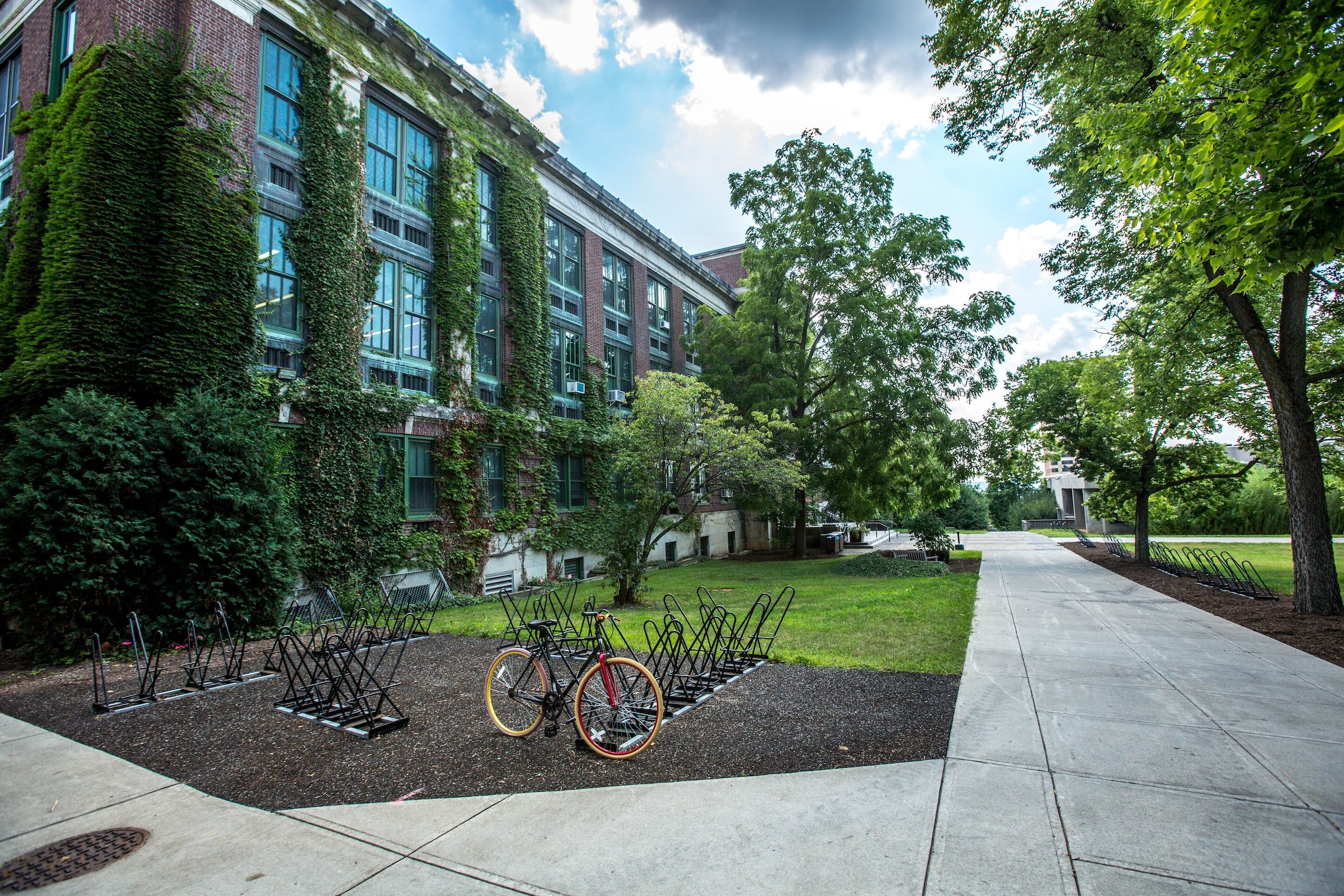The discrimination suit against Harvard
This past week, the Supreme Court began hearings in the two cases brought by Students for Fair Admissions (SFFA), in one case against Harvard University for discrimination against Asian-American applicants in their admissions practices, and in the other against University of North Carolina – Chapel Hill for discrimination against a white student.
The media covered these hearings extensively, and some of our readers have written to ask what the long-term implications would be if the Supreme Court finds in favor of the plaintiff, SFFA.
First, we need to understand what the major issues are that the Supreme Court has been asked to decide.
Issue 1 – Can race be a factor in admissions?
In both the Harvard and UNC-Chapel Hill cases, the Supreme Court has been asked to rule whether colleges can take race into account as a factor in their admissions policies.
Based on prior case law, universities are allowed to consider race in a holistic way but are barred from applying racial quotas.
The ruling by the Supreme Court on this issue will go to the heart of whether colleges can continue to consider race in their admissions process in order to increase diversity in the student body.
This is the issue that has generated the greatest controversy and is the most politicized one.
A widely held assumption in the media has been that the Supreme Court is likely to overturn its prior decision in Grutter v Bollinger in a way that may block consideration of race as a factor in admissions.
If the Supreme Court were to make such a broad decision, this would bring an end to the practice of affirmative action in college admissions, with a high degree of uncertainty about how this might change the overall admissions process.
The Biden Administration and dozens of large companies have submitted amicus curae (friend of the court) briefs in support of the continuation of the use of race as a factor in college admissions. Other advocacy groups, including those for Asian Americans, have similarly filed opposing briefs.
The final decision will only be published by the Supreme Court sometime next year, likely in June 2023.
What follows as a next step for colleges in their admissions policies will very much depend on the specifics of the decision. While there has been speculation by legal scholars and pundits, we cannot know the consequences with any clarity until we know the scope of the Supreme Court ruling on this issue.
Issue 2 – Did Harvard discriminate against Asian-American applicants?
In the case against Harvard, the Supreme Court has also been asked to rule if Harvard discriminated against Asian-American students in their admissions evaluations, thus violating their rights under Title VI of the Civil Rights Act.
SFFA filed a detailed expert opinion in support of its allegations of discrimination against Harvard. The core of SFFA’s arguments are based on data provided by Harvard itself showing Asian-American applicants systematically scoring substantially lower on personal factors compared to all other racial groups.
During the Supreme Court hearings last week, Justice Alito framed the issue in his questions to Harvard quite succinctly:
“You refer to the personal score. And that's a score that Harvard gives based on character traits such as integrity, courage, kindness and empathy. But the record shows that Asian student applicants get the lowest personal scores of any other group, what accounts for that?......... It has to be one of two things, it has to be that they really do lack integrity, courage, kindness and empathy to the same degree as students of other races. Or there has to be something wrong with this personal score.”
The Supreme Court must decide whether Harvard did systematically discriminate against Asian-American applicants.
In the original trial, and reaffirmed on appeal, the judge determined that discrimination was acceptable to achieve a diverse student body and found against SFFA. The case before the Supreme Court is an appeal against those decisions.
Issue 3 – Can UNC – Chapel Hill reject a race neutral policy simply on grounds that it would change the composition of its student body?
This 3rd issue has received substantially less publicity and a decision on this issue will depend very much on how the first issue is decided.
Other publications you can read:
How the Supreme Court has ruled in the past about affirmative action
Supreme Court Will Hear Challenge to Affirmative Action at Harvard and U.N.C.
As Supreme Court Weighs Harvard Admissions Case, Two Asian Americans Speak Out And Allege Bias
Affirmative Action Was Banned at Two Top Universities. They Say They Need It.
A guide to the amicus briefs in the affirmative-action cases






